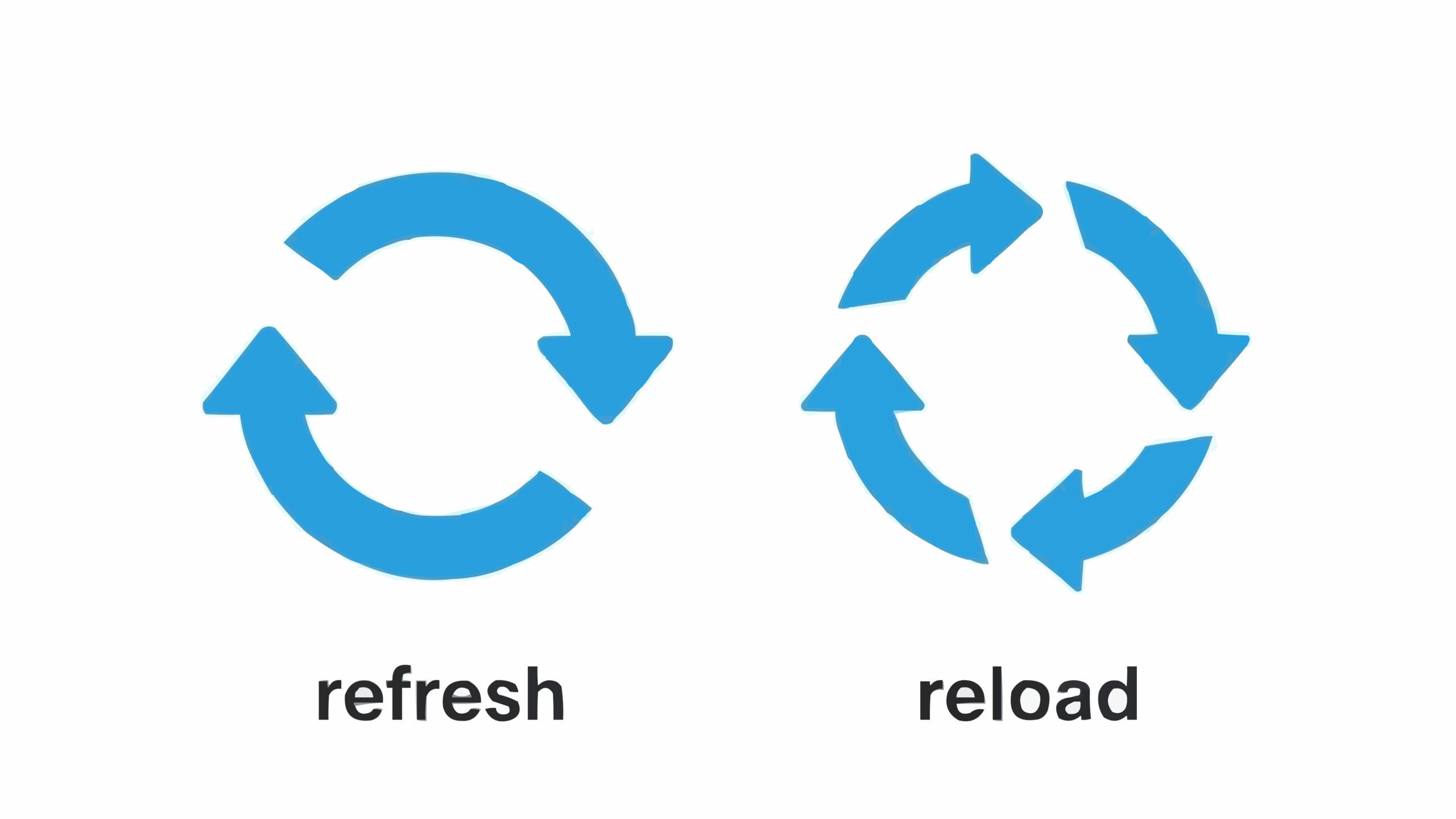Why Even False Allegations Can Outrank the Truth Online

False allegations spread faster and reach farther than most verified facts online. Researchers at MIT found that false information travels six times faster on Twitter than the truth — and the same dynamic applies to search results, social media feeds, and news coverage.
When people make false accusations, they can destroy reputations, influence legal outcomes, and shape public opinion long before evidence surfaces. Understanding why these allegations spread — and how to challenge false claims effectively — is key to restoring truth and protecting your name from devastating consequences.
What Are False Allegations?
False allegations are untrue claims made against a person, often accusing them of crimes or misconduct they did not commit. These may involve serious matters such as sexual misconduct, child abuse claims, domestic violence, or fraud. The legal definition of false allegations varies, but generally includes knowingly making false statements or reckless disregard for the truth.
In many cases, false accusations spread rapidly through social media posts, news stories, and online discussions, taking on a life of their own. Once people share them widely, they can lead to public shame, job loss, emotional distress, and long-term reputational damage.
Even when the legal system clears the accused person, the internet often preserves the false version. That’s why fighting false allegations requires both immediate legal action and a strategic online response.
Why False Allegations Spread Faster Than Truth
False allegations often outperform truth online for several reasons:
- Emotion drives engagement: False claims shock or anger people — and they often share emotionally charged content without checking the facts.
- Algorithms reward virality: Social media and search engines prioritize posts that get clicks, comments, and reactions — even if they mislead.
- Correction rarely catches up: By the time a fact-check or legal update appears, the damage has already been done. The original post or article has reached thousands.
Platforms like Facebook and X (formerly Twitter) amplify what captures attention, not what’s accurate. As a result, false statements often climb higher than verified reports in search rankings and feed visibility.
The Emotional, Legal, and Reputational Costs
For someone who faces false accusations, the effects go far beyond embarrassment. False criminal charges can lead to lost employment, social stigma, and even false imprisonment if the accused person does not challenge them quickly within the legal system.
- Job Loss and Background Checks: Many employers run background checks or search online before hiring; an old article or viral accusation can disqualify an otherwise qualified candidate.
- Family and Custody Battles: In child custody or domestic violence cases, false allegations influence court outcomes and damage parent-child relationships.
- Mental Health: Being publicly accused can trigger anxiety, depression, or long-term trauma; studies link reputational harm to increased stress and isolation.
- Legal Consequences: False allegations can result in criminal penalties for the accused person and legal penalties for the accuser if malicious intent or a false police report is proven.
False allegations have real-world consequences that don’t end when the truth emerges.
Legal Options for the Wrongfully Accused
If someone wrongfully accuses you, act quickly and work with an experienced criminal defense attorney or defamation law specialist to protect your legal rights and seek justice.
Key Steps to Take:
- Stay calm and document everything — save messages, screenshots, or witness statements that prove the claim is false.
- Avoid public arguments — emotional responses online can worsen your position or become evidence against you in civil court or criminal cases.
- Consult legal counsel immediately — a defense attorney helps you respond strategically, file motions, and prepare a defamation case if appropriate.
- Gather evidence — use surveillance footage, text messages, or expert testimony to establish facts and challenge false claims.
- Consider civil action — defamation lawsuits or claims under federal law can help you seek compensation for reputational harm.
False accusation cases may also involve filing a false police report complaint against the accuser, especially when malicious intent or reckless disregard is evident.
How Algorithms Keep False Claims Visible
Once a false statement appears online, it often stays visible because search engines and social platforms prioritize engagement. Google, YouTube, and other sites use automated systems that reward content generating clicks and comments — not necessarily content that’s true.
When people repeatedly share an accusation, it builds digital “authority.” Each share, mention, or link makes it look more credible to algorithms. This is why a false police report or untrue claim can stay on page one long after people disprove it.
Even accurate updates or retractions rarely get the same traction. Without active reputation management or content suppression, the false version continues to circulate and may even resurface during background checks or media searches.
Fighting False Allegations
The process of fighting false allegations now goes beyond the courtroom. You must also reclaim visibility online.
Steps to Rebuild and Protect Your Reputation:
- Work with professionals: Reputation management firms and legal teams coordinate removal requests and content suppression strategies.
- Request takedowns: In some cases, platforms or publishers remove false or defamatory statements that violate their policies.
- Publish factual updates: Create and share verified information — public statements, legal documents, or articles that clarify the truth.
- Monitor search results: Use tools like Google Alerts to track new mentions of your name and act fast if misinformation resurfaces.
- Consult legal and PR experts: Coordinating both legal action and communication strategy prevents further damage and helps restore trust.
In cases involving serious criminal allegations, forensic analysis, expert testimony, and legal filings demonstrate innocence, while a strong online reputation strategy helps correct public perception.
Restoring Truth and Protecting Your Future
When false allegations outrank the truth online, the impact can be devastating — but not permanent. With the right mix of immediate legal action, digital strategy, and personal composure, you can rebuild credibility and restore trust.
The key is to act fast, document everything, and never fight alone. Partner with qualified legal counsel, challenge false statements with evidence, and ensure accurate information has the same visibility as the lies.
False accusations can damage reputations in seconds. But truth — when documented, defended, and amplified — can always recover ground.
Final Thought
The internet doesn’t easily forget, but it rewards consistency and authenticity.
If someone falsely accuses you, protect your name with the same urgency as your legal defense. The truth deserves visibility — and with the right support, it can reclaim its place at the top.


